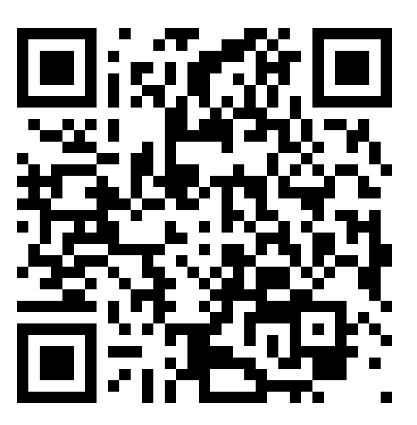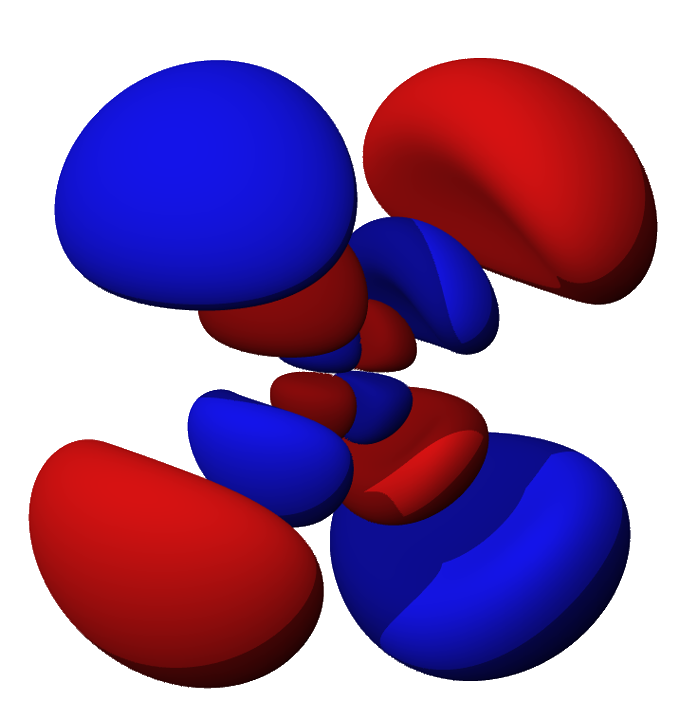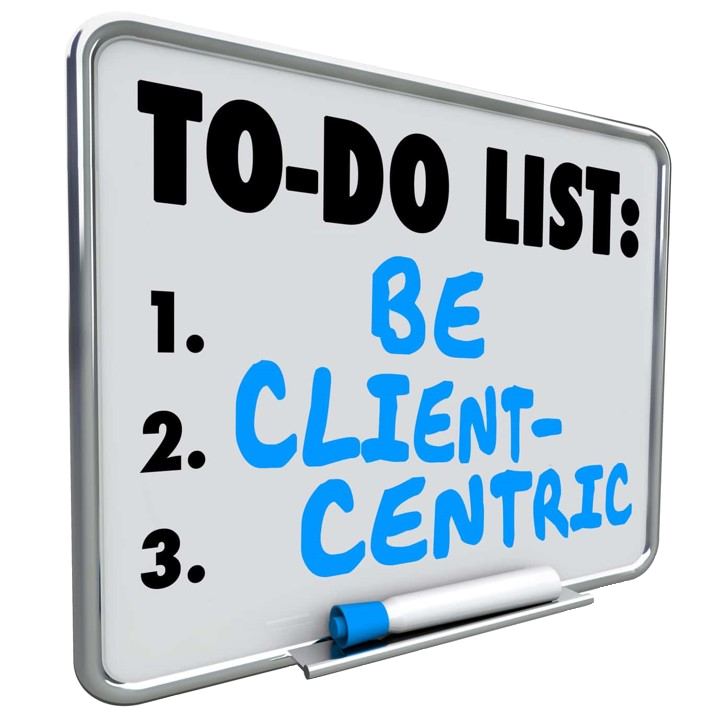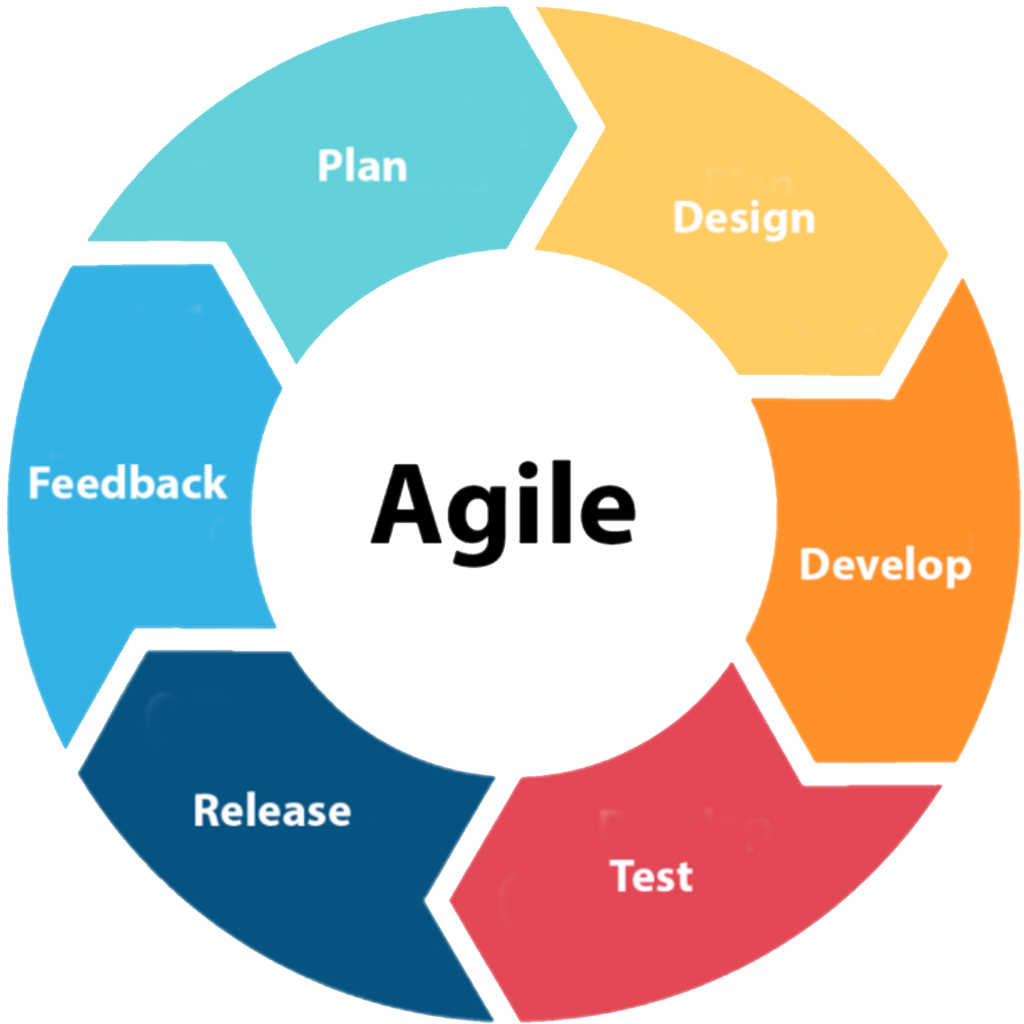
Der IET Summit der Mobiliar findet statt am
Le sommet IET de la Mobilière a lieu le
The IET Summit of Mobiliar takes place on
January 17, 2024
Bundesgasse 35, 3001 Bern
We are sorry…
IET Summit 2024 is sold out
Registration closed by 15 January 2024
The Program is available on all devices under
https://ietsummit-2024.sessionize.com
Navigate to the link above or scan the QR-code with your mobile camera

We are looking forward to see you soon,
The IET Summit Conference Team
Sessions are presented in the following areas

Java and Angular Technologies
- Java Development Best Practices: An overview of the latest tools, technologies, and methodologies that can be used in Java development to improve the efficiency, quality, and maintainability of Java and Angular applications.
- Microservices Architectures: An introduction to microservices architectures and how they can be used in Java development to improve application scalability, maintainability, and flexibility.
- Microservices Architectures: Advanced topics like size of a microservices; handling dependencies within a network of microservices; interface design and versioning
- Machine Learning: an introduction to machine learning technologies and methods that can be used in Java development to build smarter applications and make better decisions.
DevSecOps & Cloud
- DevOps: An introduction to DevOps and how it can be applied to enable rapid and continuous delivery of digital products and services.
- DevOps in Software Development: an in-depth look at DevSecOps practices and tools used in Mobiliar.
- Cloud Computing: an introduction to cloud technologies that can be used in Java and Angular development, including the use of cloud platforms, container technologies, and serverless computing.
- Cloud Computing: an in-depth look at the cloud stacks used at Mobiliar – technological capabilities; constraints; authorization and authentication; cost considerations.
- Test Automation: an introduction to test automation, including the latest tools and technologies that can be used to automate testing and improve the quality of Java applications.
- Test Automation: Building up a regression test enabled environment for end2end test such as user acceptance tests; performance tests, penetration test, at al.
- Security in Software Development: an overview of the latest methods and technologies for securing Java applications, including the use of authentication and authorization methods, encryption, and secure coding practices.
- Security in Software Development: In-depth insights into security means in the Mobiliar Java stacks (on-prem and cloud).


Big Data and AI
- Big Data applications: An overview of the latest Big Data technologies and tools that can be used in Java, Hadron und Python development to process, analyze, and visualize large amounts of data.
- Data Analytics and AI: A discussion of how data analytics and AI can be used in digital product development to gain insights into user behavior and needs and deliver personalized products and services.
- Open Data and Innovation: Open data can stimulate innovation by providing access to large datasets that can be used to develop new products, services, and applications. For example, companies can use open data to develop new AI-powered tools that analyze consumer behavior or to configure an offer tailored to the customer.
- Open data: How open data can help promote transparency and accountability in the Mobiliar business. By making data available, businesses is enabled to use open data to track their environmental impact, labor practices, and supply chain.
- SAP Integration: An introduction to integrating Java applications with SAP systems, including the use of SAP SDKs, Web services, and other integration technologies
User Centered Design / Value Proposition Team
- Agile Business Modeling: a discussion of how agile methods can be used in business modeling to develop innovative digital products and services that meet user needs while adding value to the business.
- User Experience Design: an introduction to the fundamentals of UX design and how it can be applied to develop digital products that are easy to use, engaging, and user-friendly.
- Customer Journey Mapping: An introduction to customer journey mapping and how it can be applied to understand the needs and requirements of users throughout the product lifecycle and develop digital products and services that meet those needs.
- Design Thinking: an introduction to design thinking and how it can be applied to develop customer-centric digital products based on real user needs.
- Rapid Prototyping: An introduction to rapid prototyping techniques and how they can be applied to quickly and cost-effectively develop digital products and services and gather feedback from users.
- Internet Marketing and Value Proposition Teams: A discussion of how Internet marketing strategies can be used in digital product development to increase user reach and engagement and maximize product success.
- Accessible Software: An introduction to accessible software development and how Java applications can be designed to be used by people with disabilities.


Agile Methods, Leadership (second priority in selection)
- Talent Management and Psychological Safety: A discussion of best practices for talent management and retention by psychological safety in software development, including developing career plans, fostering growth and development, and creating incentives and rewards for employees.
- Agile Leadership and Team Management: a discussion of best practices for leading software development teams, including creating a positive culture, fostering creativity and innovation, and effective communication and collaboration within the team.
- Change Management in Software Development: A discussion of how to successfully implement change in software development, including identifying barriers, creating change plans, and monitoring progress and success.
- Ethics in Software Development: A discussion of how ethics can be integrated into software development to ensure that software applications are safe, fair, and responsible.
- Diversity and Inclusion in Software Development: a discussion of how to make software development more inclusive to promote the diversity of perspectives and experiences necessary for the success of software development projects.
- Agile Methods in Software Development: An overview of agile craftsmanship in Scrum, Kanban, Lean used in software development to improve the quality, speed, and flexibility of development.
- The new understanding of Leadership @Mobiliar
Session Details
- Spoken Language in Session: English, German or French
- Session Length: 45 minutes including questions (15min break between sessions)
- Sessions should provide valuable and actionable content, focusing on practical applications, case studies, and emerging trends relevant for Mobiliar
- Presentations slides must be delivered in English and should be engaging, informative, and suited for a diverse audience.
- We encourage speakers to conduct interactive sessions, such as workshops, panel discussions, or hands-on activities, to actively engage the audience and foster collaboration.
- Marketing and sales presentations will not be considered. The IET Summit is dedicated to providing a platform for knowledge sharing and professional growth.
Please note
IET Summit 2024 will be an in-person event held at Mobiliar headquarters in Bern.
We look forward to receiving your session proposals and creating a successful and enriching IET Summit 2024 with a diverse range of speakers. Join us in inspiring, learning, networking, and celebrating together!
For any questions or clarifications, please contact us at ietsummit@mobiliar.ch
Sincerely,
The IET Summit 2024 Organizing Committee